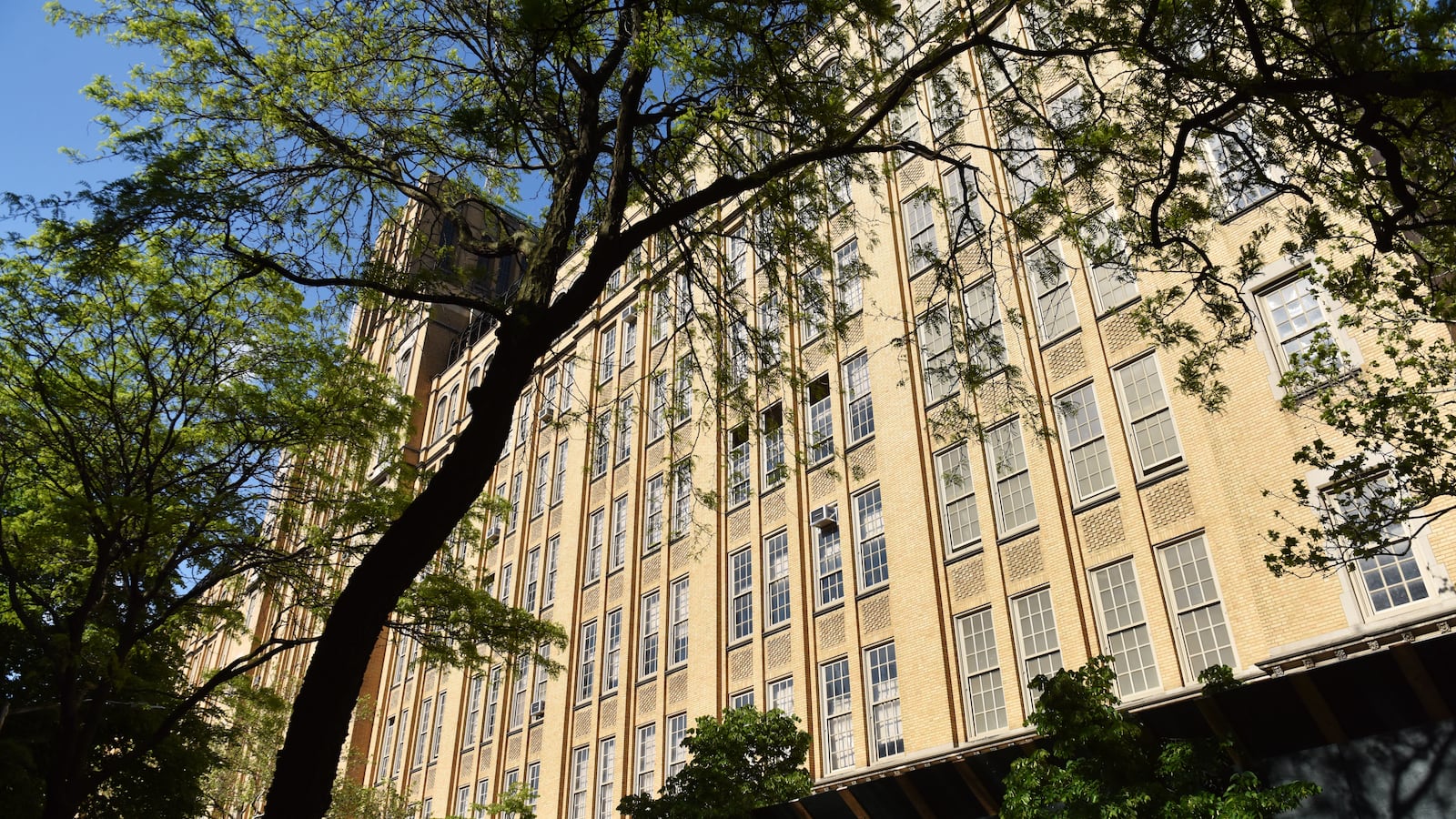A new task force, approved by the City Council Wednesday, is expected to tackle the thorny issue of how to integrate the city’s most elite public high schools, such as Stuyvesant and Bronx Science.
The 19-member advisory group must make recommendations by May 2020 for how to bolster diversity through changing admissions to the city’s specialized high schools. At those test-in schools this year, 80% of offers went to Asian and white students in a school system where 67% of students are black and Hispanic.
Objections to Mayor Bill de Blasio’s own plan, introduced in June 2018, has in part fueled the creation of this task force. Aside from backlash about the plan itself, which Albany has left untouched for two straight years, critics have said he did not gather input from families and elected officials before rolling out a proposal that would scrap the admissions test and instead offer spots to the top 7% of students at city middle schools. Supporters of this task force believe it will be more inclusive of those affected by the school system.
The task force will be charged with ensuring “that there is a comprehensive, thoughtful analysis” of how admissions should work while taking into account “the input of all stakeholders,“ a council spokesperson said in an email.
It will allow those involved with the system to have a say in what the city should do, said City Councilman Mark Treyger, a bill co-sponsor, adding, “Show me where there has been a government-sponsored task force made up of [advocates, parents, students, and policy experts].”
It remains to be seen how much weight the group’s recommendations will have on state lawmakers, who make the final call on admissions changes to the three most populous schools of Stuyvesant, Bronx Science, and Brooklyn Tech. Rules governing those campuses are written into state law.
The idea of a task force has already received mixed reviews. There’s support from Education Equity Campaign, which is funded by cosmetics billionaire Ronald Lauder and former Time Warner chairman Richard Parsons, and has lobbied to preserve the admissions test.
But some questioned what the task force will achieve.
Matt Gonzales, director of the Integration and Innovation Initiative at NYU Metro Center, wants the city to regain control over admissions at the big three schools, and said he also values community input. But creating this task force and focusing on the process behind the mayor’s plan felt like an “excuse to not actually want to engage in a real conversation,” he said.
“I get the point, but it just seems more designed to say, ‘people did something about an issue that’s super contentious,’ but they’re not really doing anything,” said Gonzales. He is also part of the School Diversity Advisory Group, which was tasked with finding new ways to integrate city schools.
The matter has been debated, researched by education experts, and has been the subject of heated community forums over the past year and a half, but the state legislature hasn’t moved on it in any direction — and many lawmakers haven’t clearly said where they stand on the issue.
The mayor and Schools Chancellor Richard Carranza or their designees will each have a seat on the task force. The mayor will also appoint nine other members. City Council Speaker Corey Johnson, who initially proposed the task force bill, will get a seat and the opportunity to appoint the remaining seven members. Two of Johnson’s picks must be students — one who attends a specialized high school and one who does not. At least two parents, several education policy experts, and a member of a specialized high schools alumni organization must also sit on the task force.
The task force could recommend scrapping the schools’ controversial admissions exam, as the mayor had proposed. They could also consider new ways to admit students and changing existing city programs aimed at diversifying the schools, such as Discovery, which admits students from low-income families who score just below the exam cutoff.
Critics of the current admissions policies say that pricey test prep gives some students a leg up. Proposed efforts to diversify the city’s specialized high schools have often sparked messy debates centered on politics and race.

